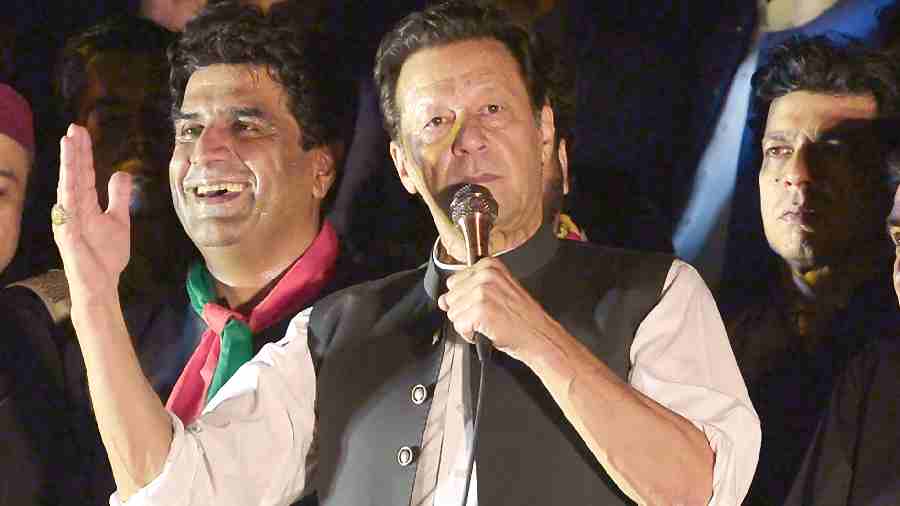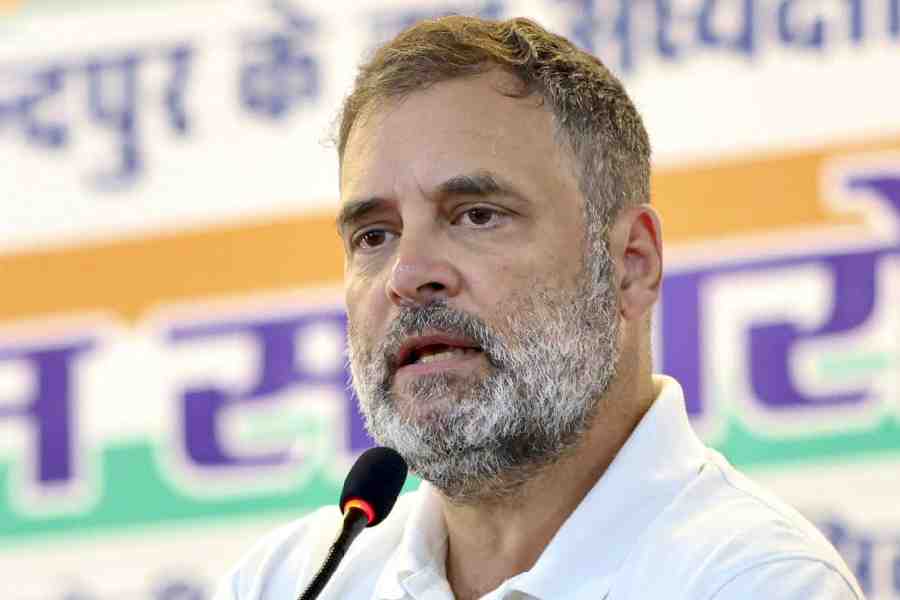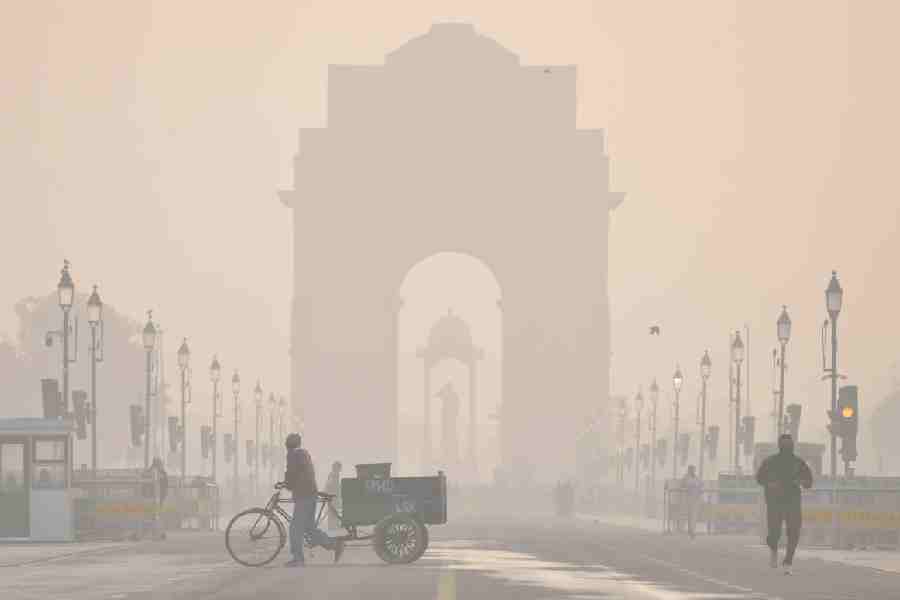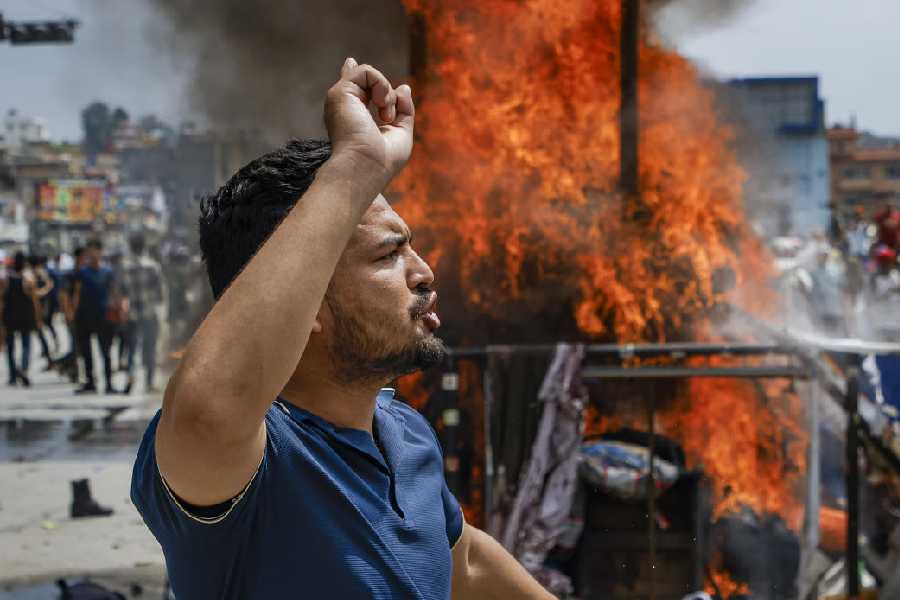Pakistan has a new army chief — Lieutenant-General Syed Asim Munir, who has replaced General Qamar Javed Bajwa after the latter’s six-year extended term. From the vote of no-confidence to Imran Khan’s Long March, the last few months have been full of speculation on the appointment of the new army chief. Leaders of the Pakistan Muslim League (Nawaz) have explained, on and off the record, why the vote of no-confidence was moved — out of fear that Imran Khan as prime minister would appoint the former chief of the Inter-Services Intelligence, General Faiz Hameed, as the new army chief. There was concern that this would have led to the Pakistan Democratic Movement leadership being incarcerated and the next general elections ‘managed’ in Imran Khan’s favour, once again. All this was, of course, speculation. But the then Opposition parties moved the vote of no-confidence and succeeded out of this ‘fear’. However, as a result of the timing and Imran Khan’s narrative, his popularity peaked. Consequently, the Pakistan Tehreek-e-Insaf was able to win most of the by-elections. Imran Khan then decided to lead a Long March to Islamabad; many political observers believed that this had more to do with the appointment of the new army chief than the demand for early elections. There was speculation that Imran Khan was not in favour of Munir’s elevation as army chief because of reports that as DG-ISI, he had reported corruption among Imran Khan’s family members, after which he was transferred. Hameed then replaced him as the spy chief. Munir later served as Corps Commander, Gujranwala and then as Quartermaster General. This was the context that led to murmurs about Imran Khan not being in favour of Munir while the government wanted him to be appointed. Imran Khan tried to make the new chief’s appointment controversial by saying that if Nawaz Sharif or Asif Zardari were to appoint a new chief, it would not be on merit as they would bring in their favourite. This made the Inter-Services Public Relations respond with a statement that “politicising the senior leadership of Pakistan Army and scandalising the process of selection of the COAS (chief of army staff) is neither in the interest of the state of Pakistan nor of the institution.”
Earlier this month, as Imran Khan’s Long March reached Wazirabad in Punjab, there was an assassination attempt that he survived. Imran Khan sustained injuries along with several members of his party. The Long March was not called off even though he was injured. After a few weeks, Imran Khan addressed his party workers in person at Rawalpindi during the Long March and announced that his party will be quitting all assemblies and would not remain part of the parliamentary system. The PTI has already resigned from the National Assembly en masse. There is now conjecture that the PTI may dissolve the Punjab and Khyber Pakhtunkhwa assemblies where it is in power.
The government is now mulling how to counter this move. Some observers believe that this was a shrewd political move by Imran Khan to force early elections; others say that this is a sign of desperation and may not lead to any success for him. They argue that since he failed in his objective as well as on the appointment of the army chief despite the piling of public pressure and the success in the by-polls, Imran Khan made the move as a last resort to put pressure on the government. It remains to be seen what will happen in the next few days. The government has already offered to hold talks with Imran Khan if he comes back to Parliament.
There’s never a dull moment when it comes to Pakistan’s politics. However, things have become uncertain ever since the ouster of Imran Khan’s government. All these moves and countermoves may add to the political uncertainty. At a time when Pakistan needs political and economic stability, such measures are bound to create trouble. Just days before his retirement, the outgoing army chief, Bajwa, made a speech at the Defence and Martyrs Day ceremony where he reiterated that the institution had decided in February 2021 to put an end to the army’s role in politics. He also said that it is unconstitutional for the army to have any role in politics, a statement that was welcomed by many although there was scepticism about it as well. Given how the Establishment has played an active role in politics over the decades, the admission on record by an army chief is welcome.
Now that the military has decided to become ‘apolitical’, it will be interesting to see how the political class behaves. We have seen how all political parties, at one time or the other, have reached out to the Establishment to be picked as its blue-eyed boy. The military has now stated that it does not want to have any political role. It is, therefore, important for all political parties to make sure that they resolve the differences amongst themselves instead of asking the Establishment to act as a mediator or a facilitator. So far, we have seen that the PTI has been demanding early elections from the Establishment. This is an unconstitutional demand. Early elections can only be called by the sitting government. If Imran Khan wants early elections, he should respond to the government’s offer to return to Parliament and chalk a way forward. Instead, he has announced that he would leave the parliamentary system to exert pressure on the government for early elections. If this does not result in early elections, then Imran Khan would be left only with the option of street agitation.
In a democratic system, it is always better to remain in Parliament than exert pressure from the streets or through other unconstitutional means. Let’s hope that the PTI realises this sooner rather than later. Pakistan’s democratic system should be strengthened. It can be strengthened if political stakeholders come together to find a way forward and even sign another charter of democracy.
Mehmal Sarfraz is a journalist based in Lahore; mehmal.s@gmail.com











